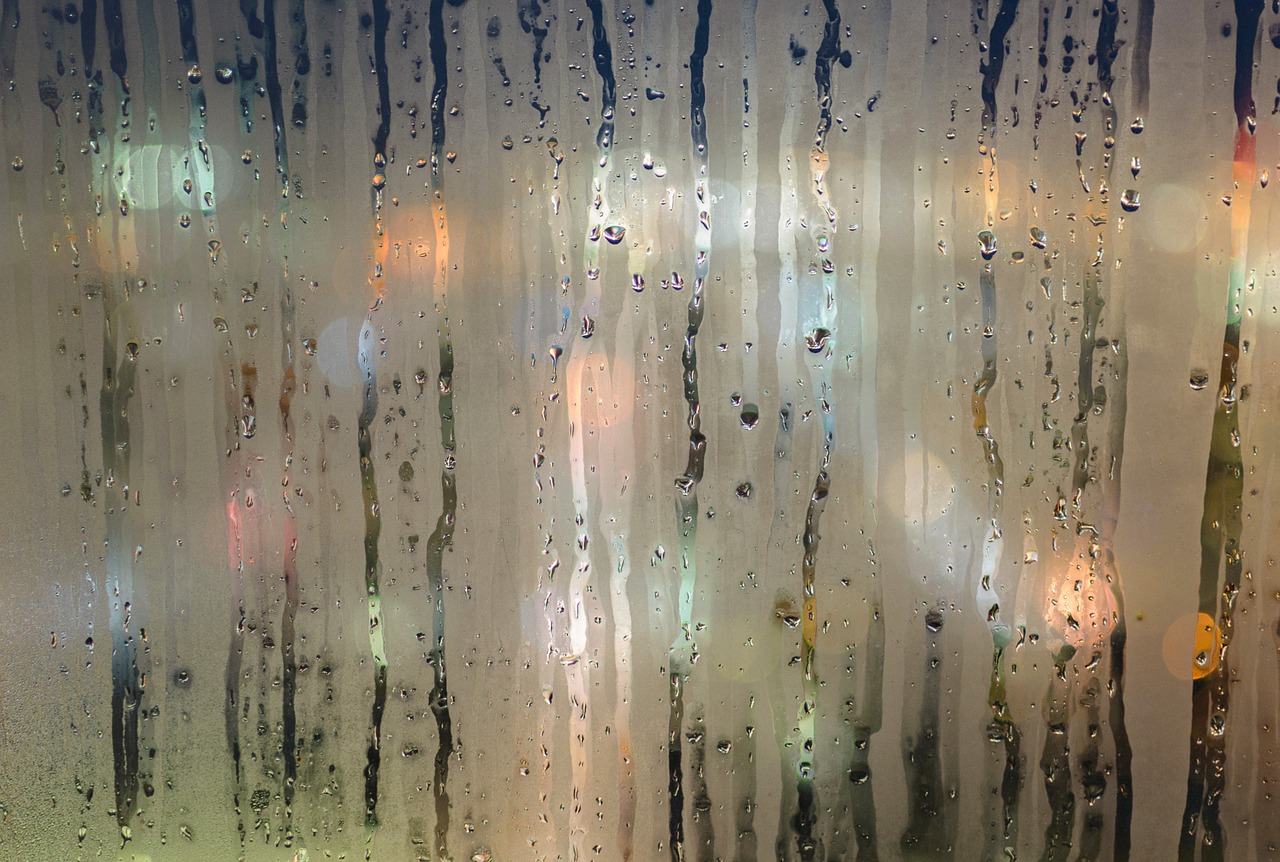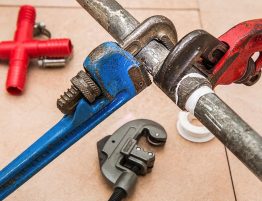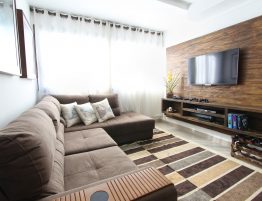
When we think about comfort in our homes or offices, it’s usually whether we feel hot or cold. But humidity plays a big role in how comfortable you feel indoors. In our Florida climate, we’re very familiar with how humidity makes you feel outside, but a proper balance of indoor humidity (through the year, both in heat and A/C modes) can make a huge difference in whether you feel too warm or too chilly, and even be the cure or cause for dry, itchy skin or respiratory issues.
What’s Wrong with Humidity?
Humidity is one way to describe the amount of moisture in the air. When the weather is colder, humidity can be perceived as “dampness,” but in the steamy summer weather, humidity can feel stifling. But too little moisture in the air can cause (or worsen) dry skin, dryness in nasal passages and even into your lungs, and can also damage furniture and your home structure. If you play a musical instrument made of wood (like guitar, bass, piano, or clarinet, for example), you know that too little moisture can cause cracks to form—and once it’s gotten that bad, it can’t be healed by adding moisture.
So some moisture in the air is important not only for comfort, but health—for your body and your home. Too much humidity, however, is more than just uncomfortable. It can be damaging again to wood and other items that can absorb moisture and swell. But the greatest danger is growth of mold and mildew from excess water condensing from the air, on pipes, inside rooflines, and more. Mold and mildew are major health hazards that left untreated can also irreparably damage building structures.
Ideal Humidity and What You Can Do
Ideal indoor relative humidity is 40-50%, but in the Jacksonville area, the annual (outdoor) average is well above that percentage (with highest levels in the morning)—ranging from 56-89% historically over the past 4 decades.
- Install a dehumidifier: If you spend a lot of time indoors in an air conditioned space, you may have noticed that A/C does have a drying effect on the air. It’s particularly noticeable in small spaces, like when you fly or go on a road trip in an air conditioned vehicle. But A/C only removes moisture passively. To deal with the humidity levels in our area, you may need to have a dehumidifier installed into your central air conditioner system, which will actively help your A/C do its job better, reduce excess moisture in your air, and improve your electric bill.
- Never keep the fan on your thermostat in the “on” position: it’s better to run your fan in the auto position, so that it comes on when the A/C is running, but if you have a programmable thermostat that will allow your fan to run a specified number of minutes per hour (so that it comes on more often than just when the A/C runs, but isn’t constant), that’s even better. When the fan is on without the A/C, it helpfully circulates the already conditioned air and keeps the climate more consistent throughout your residence. But, if you run the fan all the time, it redistributes moisture in the air and increases humidity so that eventually mold and mildew growth becomes a major threat, both inside your air conditioner system, and within the home itself.
- Choose an A/C system with variable speed drive blowers: these systems start up with a slower fan speed that gradually increases to full speed. This gradual process creates a colder coil in the air handler, removing more moisture from the air.
Contact Arctic Air of Northern Florida to discuss humidity control solutions that will work for your home or business, to keep your air comfortable—and healthy.







